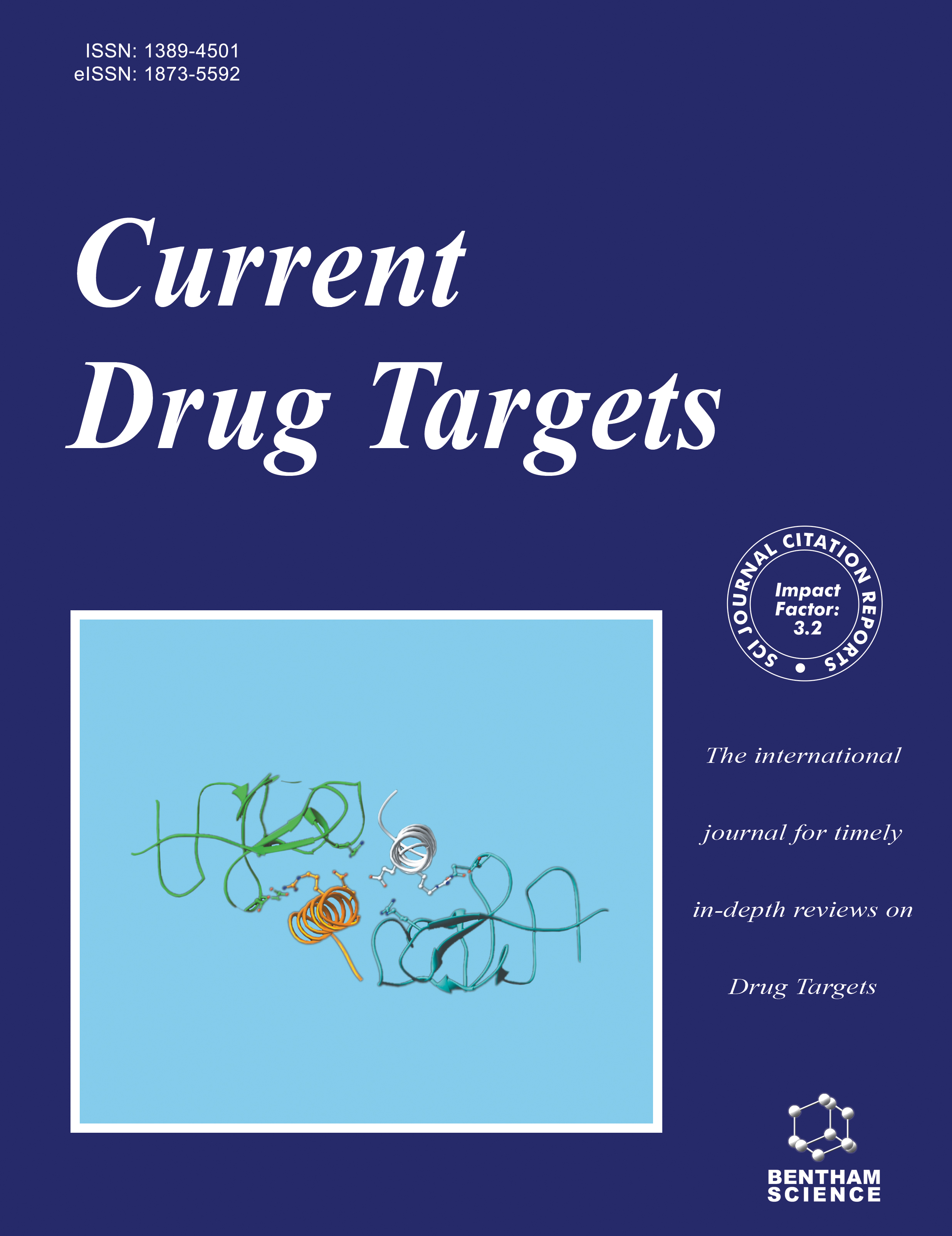-
s Targeting Tumor Suppressor p53 for Cancer Therapy: Strategies, Challenges and Opportunities
- Source: Current Drug Targets, Volume 15, Issue 1, Jan 2014, p. 80 - 89
-
- 01 Jan 2014
Abstract
p53 is one of the most important tumor suppressor genes that is frequently mutated in human cancers. Generally, p53 functions as a transcription factor that is stabilized and activated by various genotoxic and cellular stress signals, such as DNA damage, hypoxia, oncogene activation and nutrient deprivation, consequently leading to cell cycle arrest, apoptosis, senescence and metabolic adaptation. p53 not only becomes functionally deficient in most cancers, but not infrequently mutant p53 also acquires dominant negative activity and oncogenic properties. p53 has remained an attractive target for cancer therapy. Strategies targeting p53 have been developed including gene therapy to restore p53 function, inhibition of p53-MDM2 interaction, restoration of mutant p53 to wild-type p53, targeting p53 family proteins, eliminating mutant p53, as well as p53-based vaccines. Some of these p53-targeted therapies have entered clinical trials. We discuss the therapeutic potential of p53, with particular focus on the therapeutic strategies to rescue p53 inactivation in human cancers. In addition, we discuss the challenges of p53-targeted therapy and new opportunities for the future.


